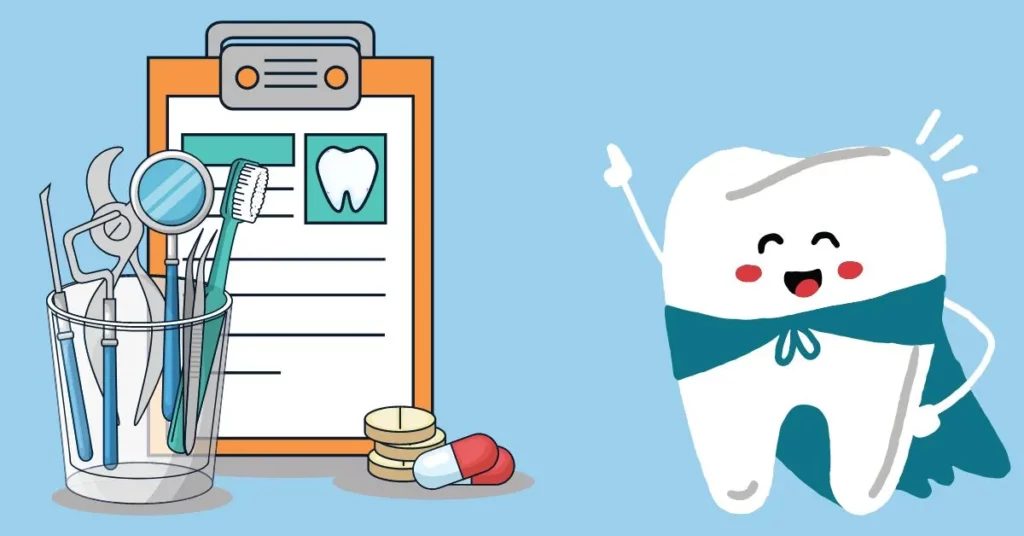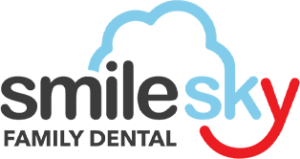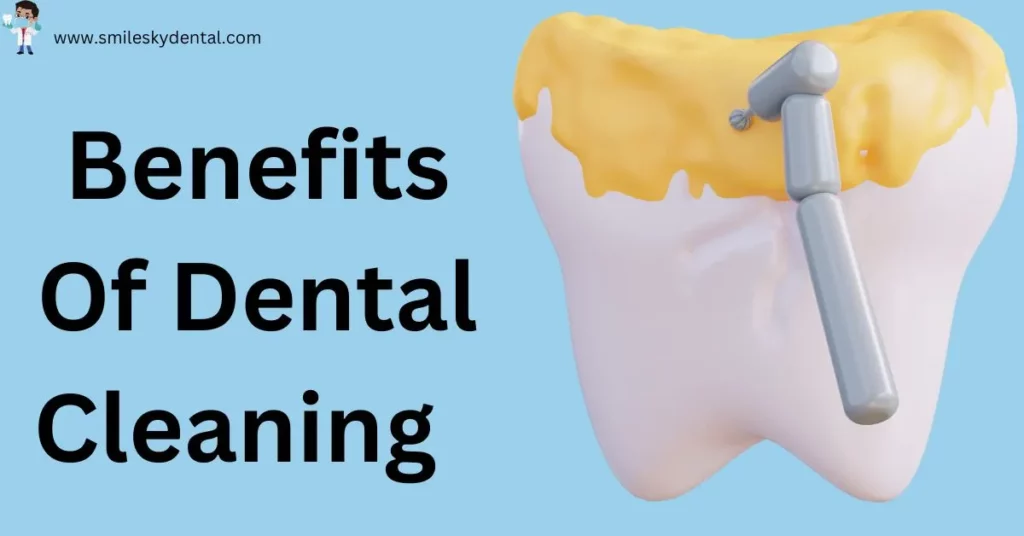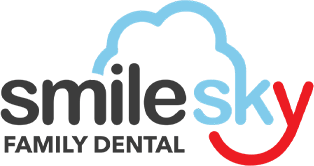There are countless benefits of dental cleaning. Taking care of your teeth is vital for your overall health and well-being. Dental cleaning, also known as prophylaxis, is a preventive dental practice that helps maintain healthy teeth and gums.
Today we will explore the many benefits of dental cleaning and its importance in preventing oral diseases. This article will address common concerns about the procedure. Understanding the advantages of regular dental cleanings or alternatives to more extensive cleanings will help you prioritize your oral health.
The Importance of Dental Cleaning
Regular dental cleanings offer several benefits that contribute to good oral health. Here are some key advantages:
Removing Plaque and Tartar
During a dental cleaning, the dentist removes plaque and tartar buildup on the teeth and gum line. Plaque is a sticky film of bacteria. If not regularly cleaned, it can lead to tooth decay and gum disease. Tartar, which is a hardened plaque, cannot be eliminated by brushing and flossing alone. They require professional removal.
Preventing Gum Disease
Gum disease, also known as periodontal disease, is a common oral health problem characterized by gum inflammation and infection. Dental cleanings help prevent gum disease by removing bacteria and plaque that can cause gum inflammation and more serious gum issues over time.
Fresher Breath
Poor dental hygiene or the presence of gum disease can cause bad breath. Dental cleanings effectively remove bacteria and plaque that contribute to bad breath. This results in improved mouth odor and fresher breath.
Early Detection of Dental Issues

Regular dental cleanings involve a thorough examination of your teeth and gums. This allows the dentist to identify potential dental problems such as cavities, gum disease, oral cancer, or other abnormalities at an early stage. Early detection improves treatment outcomes and reduces the risk of complications.
Improved Overall Health
There is a strong connection between oral health and overall well-being. Poor oral hygiene has been linked to various systemic diseases, including heart disease, diabetes, lung infections, and others. Regular dental cleanings not only promote oral health but also contribute to your overall physical well-being.
Addressing Concerns and Misconceptions
Discomfort or Pain
Most dental cleanings are not painful. However, if you have sensitive teeth or gums, you may experience slight discomfort during the cleaning process. Dental professionals can employ techniques to minimize discomfort. Local anesthesia can be used if necessary.
Loose Teeth or Damage
Professional dental cleanings do not cause loose teeth or damage. In some cases, underlying gum disease can cause tooth mobility. It can be identified during the cleaning process. However, this is a symptom of an underlying problem, not a result of the cleaning itself.
Duration of Deep Cleaning
The time required for a deep cleaning, also known as scaling and root planning, depends on the extent of gum disease and the number of affected areas. It may involve multiple appointments, each lasting around 45 minutes to an hour.
Alternatives To Deep Dental Cleaning
In certain cases, if gum disease is detected early, regular dental cleaning may serve as an alternative to deep cleaning. However, it is crucial to follow your dentist’s recommendations based on your individual oral health needs.
FAQs About Dental Cleaning
Does dental cleaning cause pain?
Dental cleaning is typically not painful. However, if you have sensitive teeth or gum disease, you may experience slight discomfort during the cleaning process. Dental professionals can use techniques to minimize discomfort. Local anesthesia can be used if necessary.
How long does a dental cleaning appointment last?
The duration of a dental cleaning appointment can vary depending on individual needs and the extent of cleaning required. A basic cleaning appointment usually lasts between 30 minutes to an hour. However, if additional treatments or deep cleaning is needed, the appointment time may be longer.
How often should I get my teeth cleaned?
A: The recommended timeframe for dental cleanings is every six months. However, the frequency may vary based on individual factors such as dental health, the presence of gum disease, and your dentist’s recommendations. Some individuals may require more frequent cleanings, while those with good dental health may need fewer cleanings.
Can dental cleaning help with bad breath?
A dental cleaning can assist with bad breath. Bacteria and plaque buildup in the mouth are common causes of bad breath. A dental cleaning removes harmful bacteria and plaque. This results in improved mouth odor and fresher breath.
Can a dental cleaning cause tooth looseness or damage?
Properly performed dental cleanings do not cause loose or damaged teeth. However, if you have advanced gum disease, your teeth may become mobile. Dental professionals can identify any existing issues and provide appropriate treatment during the cleaning process.
Conclusion
Regular dental cleanings play an important role in maintaining good oral health and preventing dental problems. Dental cleaning offers various benefits, including plaque and tartar removal, early detection of dental issues, and fresher breath.
By prioritizing dental cleanings, you can enjoy cleaner breath, healthier gums, and a brighter smile. At Smile Sky Family Dental, we always prioritize your needs, so schedule your appointment now to maintain a healthy and beautiful smile!


